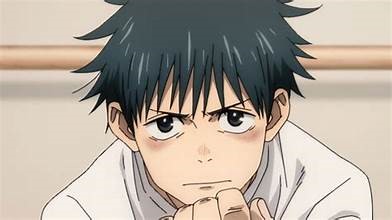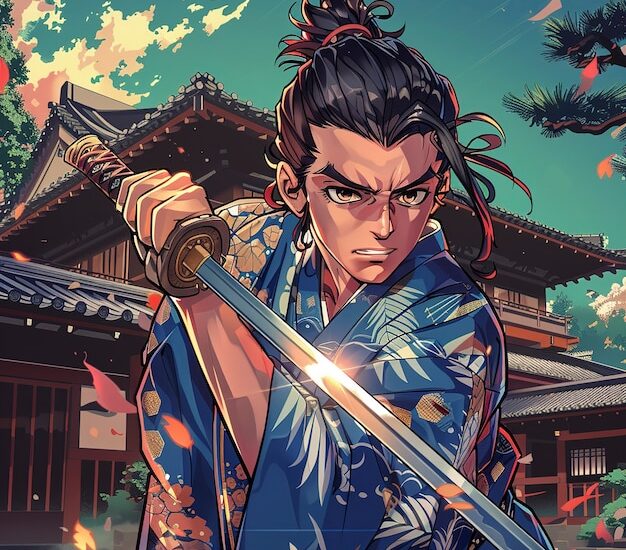Japanese animation Jujutsu Kaisen 0 has emerged as an unexpected box office success, riding the wave of newfound global popularity for anime in both cinemas and streaming platforms. This animated feature about a high school student haunted by the spirit of his childhood sweetheart ranked second at the UK box office, outperforming other new releases featuring stars like Catherine Tate and Sir Mark Rylance, and only trailing behind The Batman.
Jujutsu Kaisen 0 serves as a prequel to a successful streaming TV series based on popular manga comics, marking yet another triumph for anime as it gains traction internationally.
Anime is celebrated for its unique style, characterized by vibrant colors, exaggerated facial expressions, and imaginative plots. It often explores themes such as adolescence and the significance of friendship, frequently interwoven with elements of graphic violence and sexual undertones. While anime has been a staple in Japan for decades and began to establish itself in the West during the 1990s, its popularity has surged globally in recent years.
Netflix reports that over 100 million households worldwide tuned in to at least one anime title during the first nine months of 2020, marking a remarkable 50% increase compared to 2019. Similarly, dedicated anime platforms like Crunchyroll have also experienced a surge in viewership.
According to Shiro Yoshioka, a lecturer in Japanese studies at Newcastle University, streaming services have significantly lowered the barriers to anime fandom, contributing to its rise in mainstream popularity.
The Success of Jujutsu Kaisen 0
Directed by Sunghoo Park, this film features more graphic violence than many earlier Japanese animations, reflecting its darker themes and tone. It follows the success of Demon Slayer, which set records as the highest-grossing anime film globally, earning $90 million (£68 million) outside Japan in 2021, despite being released during the pandemic.

Critics on Anime
Dr. Filippo Cervelli, a lecturer in modern Japanese literature at SOAS University of London (School of Oriental and African Studies), has observed a growing number of students focusing their theses on anime.
As more parents become concerned about the appropriateness of the content their children consume, questions arise about anime. Vansh Gulati from Epic Dope, a site focused on anime, emphasizes that anime should not be mistaken for hentai, which refers to Japanese animated pornography. “Many parents perceive anime as just porn hidden behind glittery, aesthetic cartoons,” he explains.
He suggests that, as with any form of media, parents should actively monitor their children’s viewing habits. They can read reviews, check age ratings, and ensure their kids don’t access shows intended for adult audiences.
Anna Parker-Naples, a mother of three, believes that while anime can have its advantages, it is crucial for parents to be aware of what their children are watching. Sometimes, the portrayal of death, even when depicted graphically, can be quite bloody and brutal. The adult themes woven into some of the stories are also noted. It is often uncertain at what point the violence may become excessive. It is desired that alignment is maintained with what is being watched.









